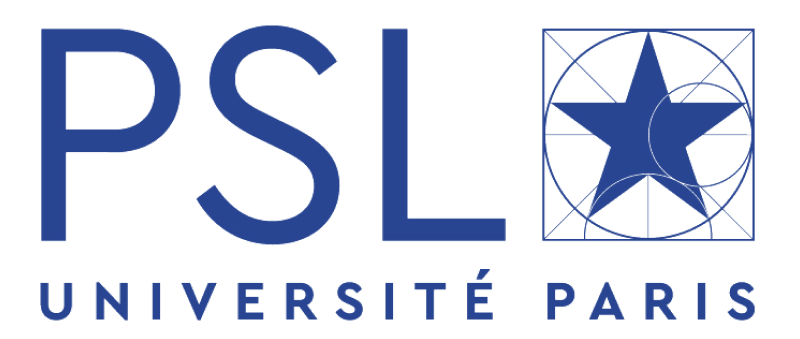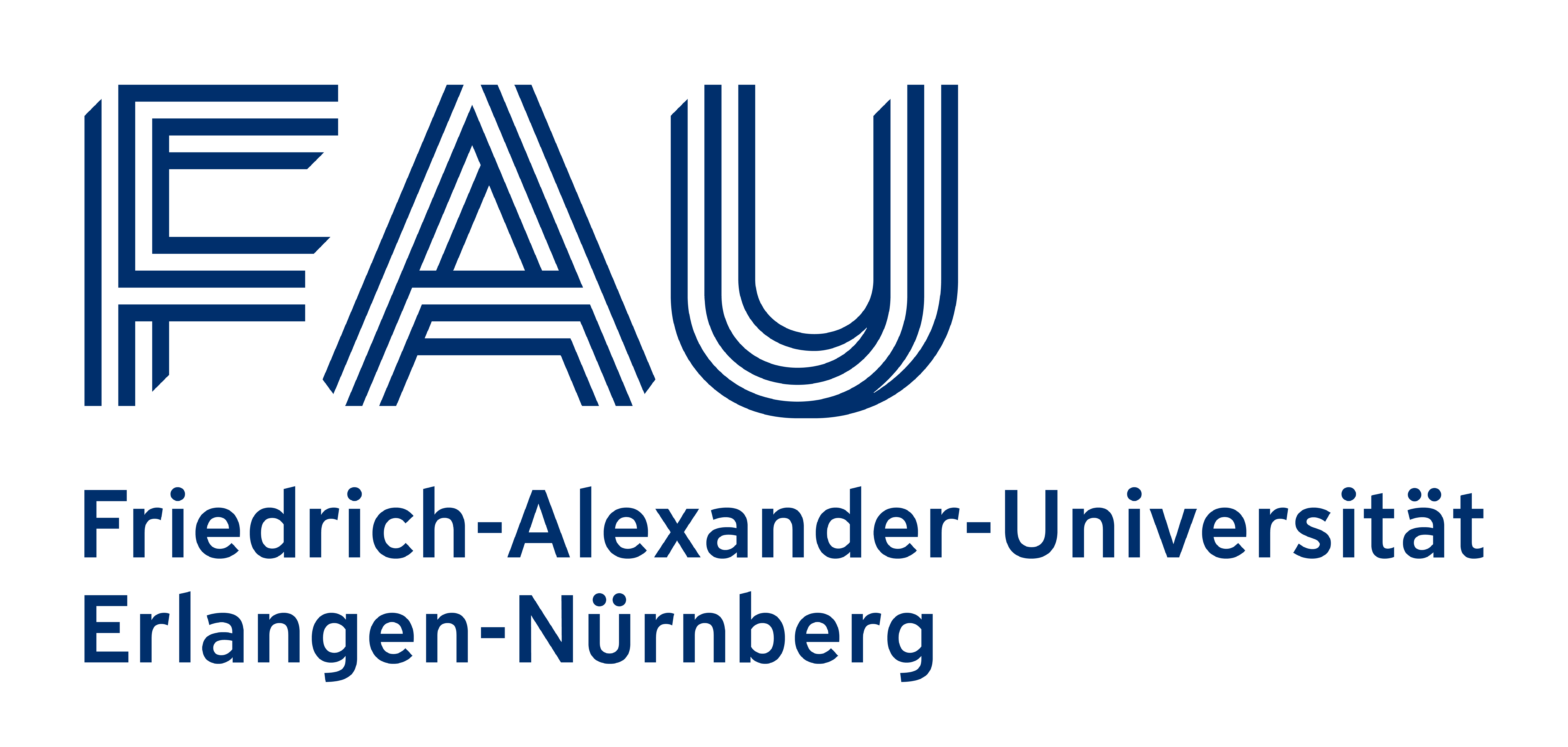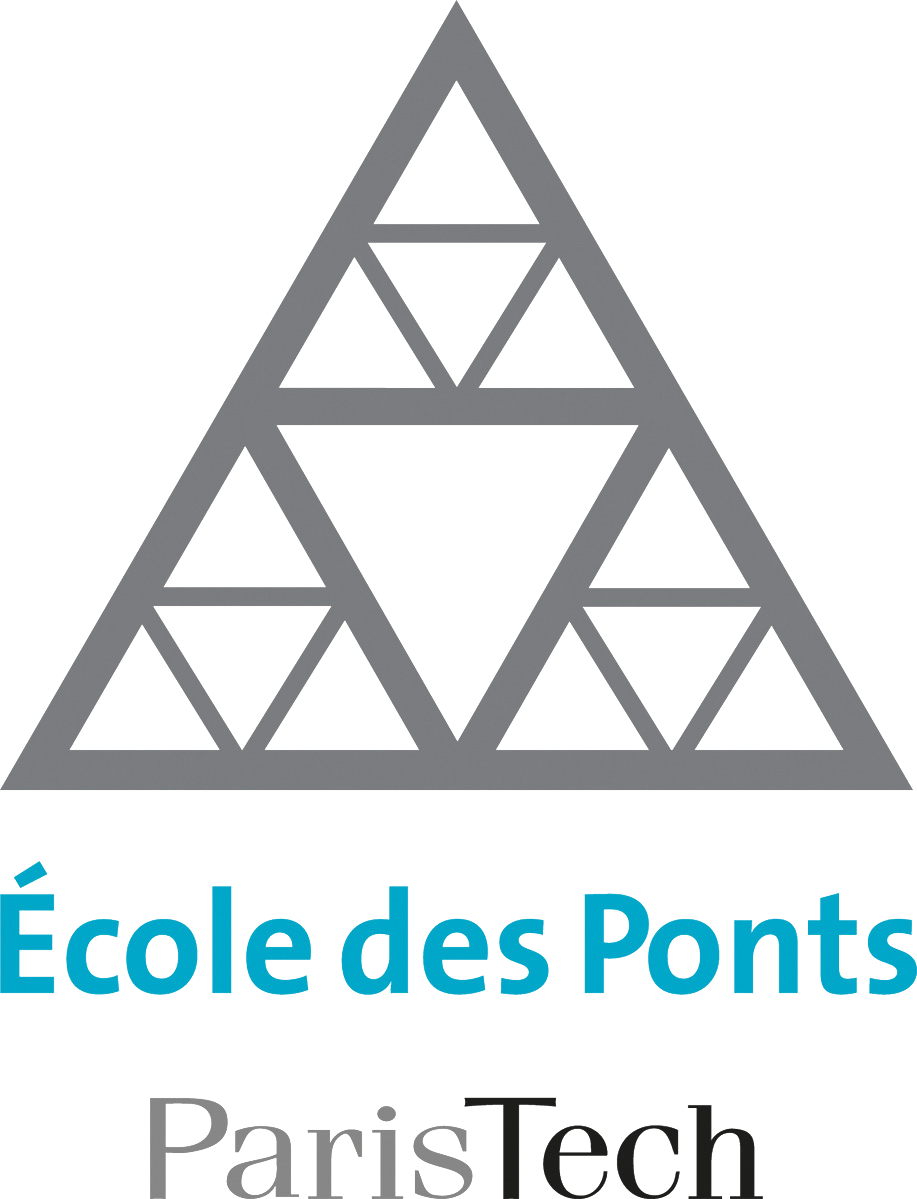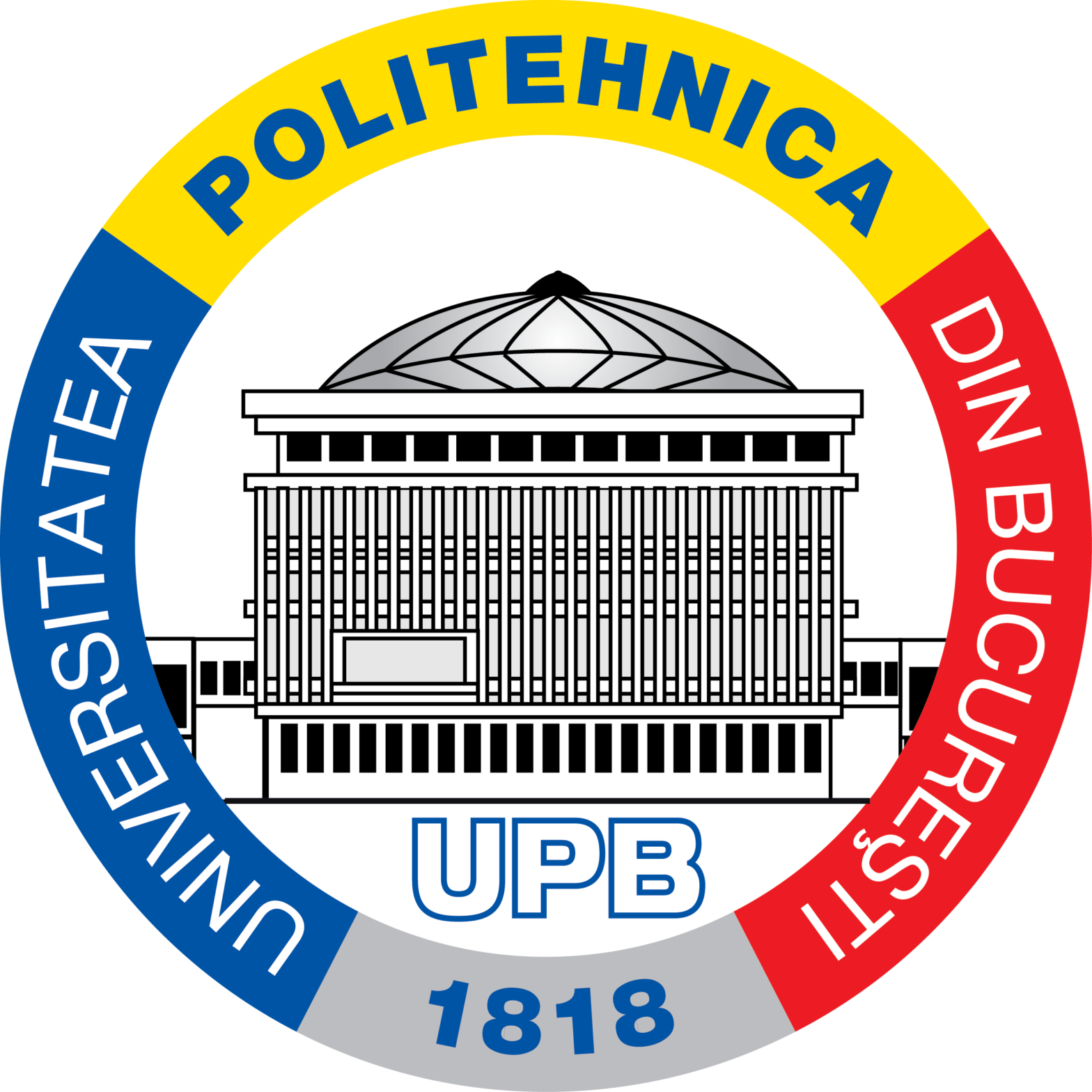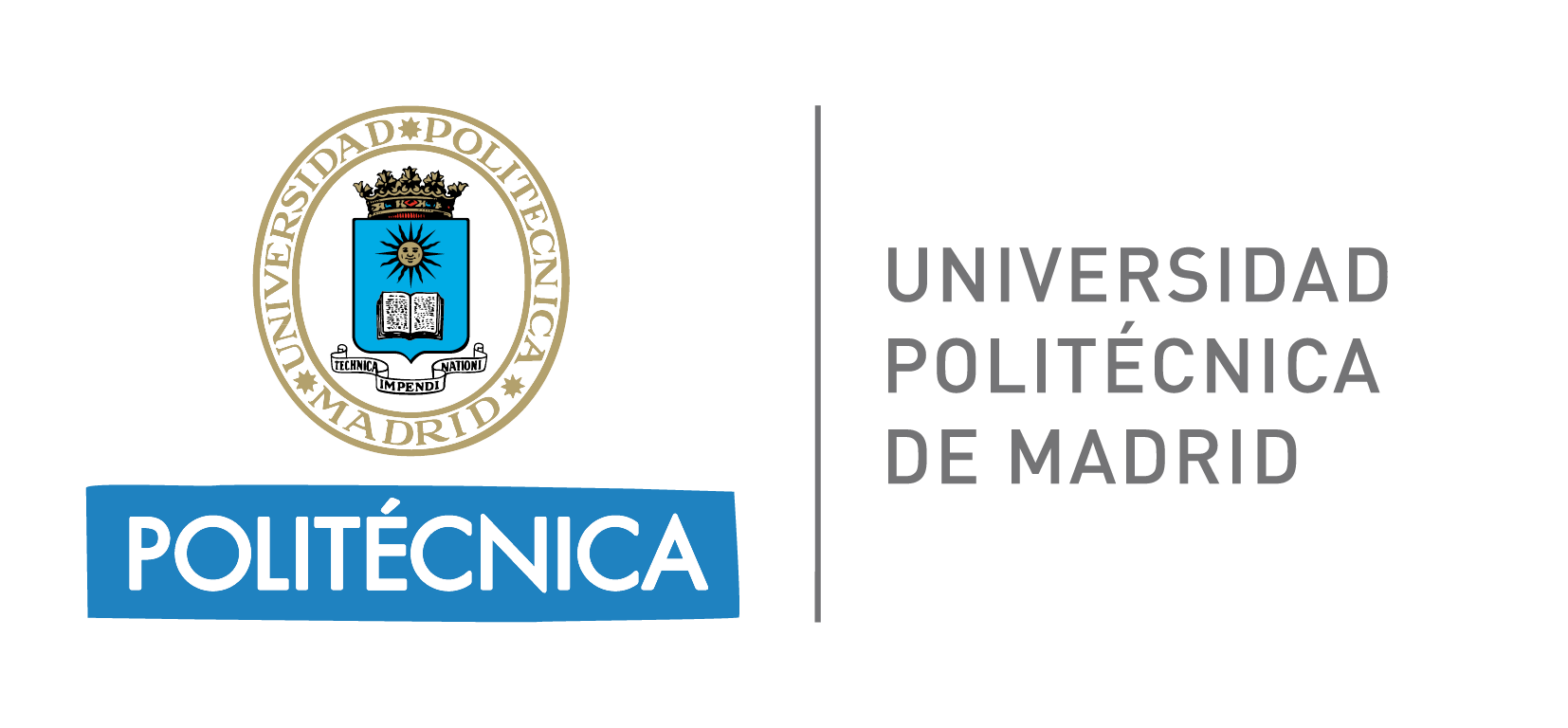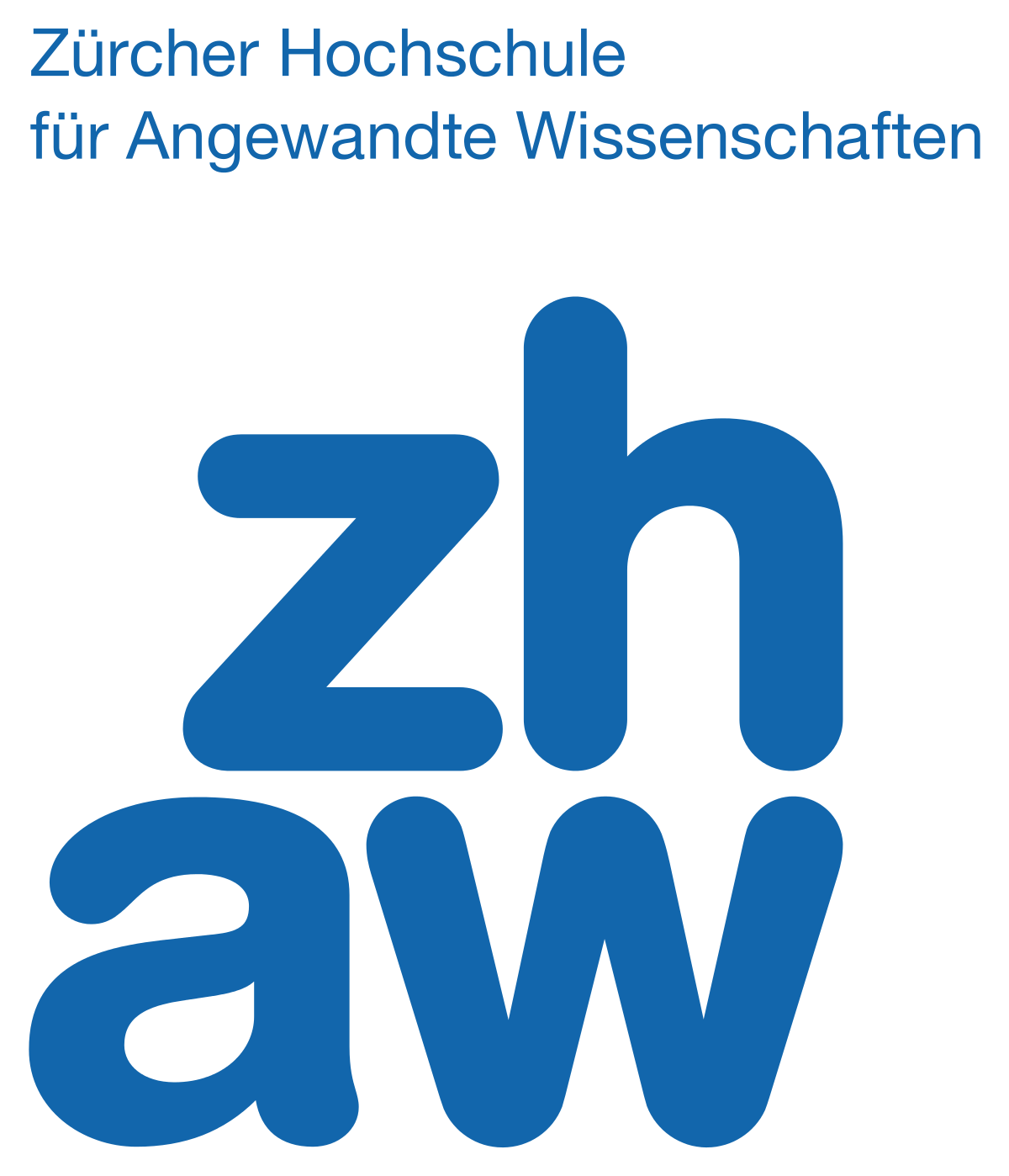PSL visit and joint EELISA visit of 65. FAFA/VDFG congress in Saint-Brieuc
On their first "working day", the participants of the 65th annual congress in St. Brieuc discussed questions of "transition énergétique", i.e. the conversion of the energy supply in Europe by 2050. Students from both countries first presented the latest technological research in Germany and France , especially the treatment of CO2 (function and impact of the price; possible recycling). Then those responsible in politics and energy companies took part in the discussion about the current state of affairs in the public debate on this topic. Then the contributions and questions revolved around strategies for the future, in particular with regard to the use of hydrogen, its production from organic raw materials, but also with regard to the use of radioactive waste to generate electricity and international strategies to reduce CO2 emissions. emissions worldwide, but above all in Europe. And finally, the topics of the social consequences of the decarbonization of our energy supply were also discussed. Exciting questions in a politically sensitive environment, which is characterized on the German side by the beginning of coalition negotiations on a new federal government with the participation of the Greens, on the French side by the latest declarations by President Emmanuel Macron, who also wants to achieve the goal of a CO2-free energy supply brought the construction of new, smaller nuclear power plants into play.
The second working day was reserved for the “ateliers”, the working groups, in which a large number of topics were addressed, from differences in understanding of European history, to digitization or the club world in both countries, which each have their own partnerships, “intergenerational” topics and language teaching, or broader topics such as “Economy” or “Europe”.
At the end there was a very animated, extremely interesting panel discussion about "European citizenship", which was mainly political - from the representative of the French abroad in Germany, Frédéric Petit, about Dr. Franziska Brantner, MdB of the Greens and member of the VDFG Board of Trustees, the former mayor of Rennes and member of parliament Edmond Hervé, to the Secretary General of the Franco-German Youth Office (DFJW), Anne Tallineau, and the historian Marion Gaillard. The main points raised here were the lack of a “European public debate”, the need for citizens to participate in a public debate and the important role that Franco-German town twinning can play in this context. Above all, these and the FGYO could help to create a feeling of European togetherness among the citizens of our countries, which is absolutely necessary for the creation of European citizenship. That would take time, they warned. And there remain major differences in the political approaches that are still being pursued in Berlin and Paris.
All in all, this was a congress, a "meeting/rencontre" of VDFG and FAFA in sunny Brittany, which offered a lot of food for thought, thinking along with, thinking ahead, which will probably present us with tasks for the next few years that we as binational civil society association, which advocates international understanding and the unification of Europe, have to work on with increasing urgency.
